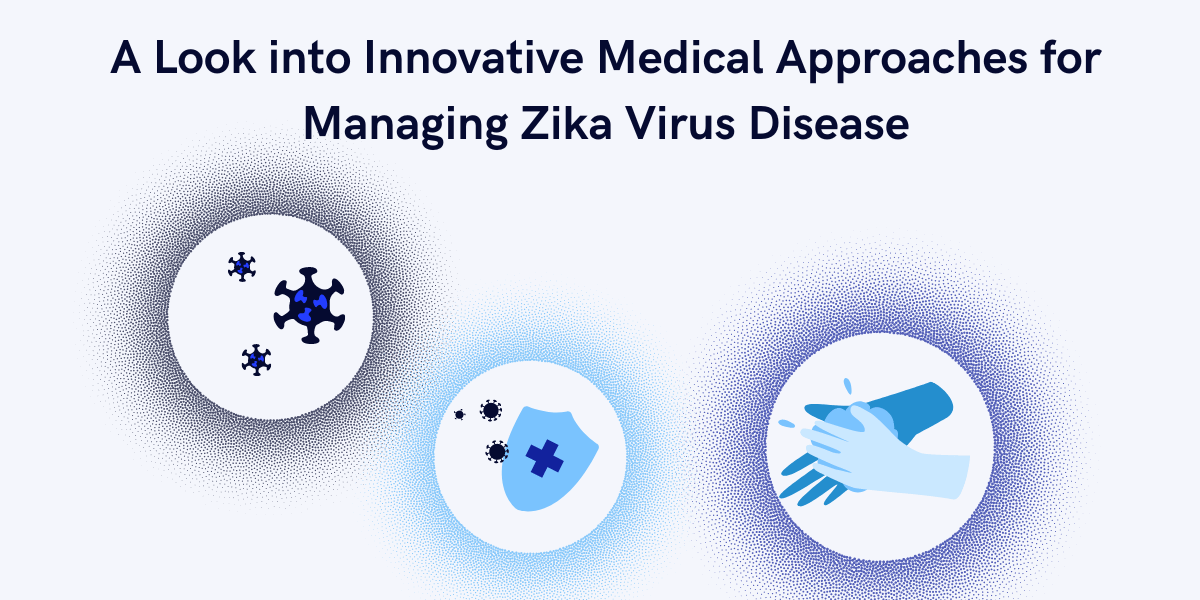Medical Cure for the Treatment of Zika Virus Disease?
A Look into Innovative Medical Approaches for Managing Zika Virus Disease
Zika Virus Disease: A Glimpse into Medical Solutions
The pursuit of effective medical treatments for Zika virus disease has been a pressing concern since the emergence of this mosquito-borne illness. As researchers delve into potential remedies, it is essential to explore the progress made in finding medical cures for treating this disease.

Antiviral Medications as a Promising Approach:
Researchers have been actively investigating antiviral medications as a potential medical solution for Zika virus disease. These medications work by targeting the virus directly, inhibiting its ability to replicate and spread within the body. Promising preclinical studies have shown the effectiveness of certain antiviral compounds in limiting viral replication, offering hope for a targeted treatment option.
Monoclonal Antibodies and Passive Immunization:
Another avenue of research involves monoclonal antibodies, which are laboratory-engineered proteins designed to recognize and neutralize specific pathogens, including viruses. Monoclonal antibodies are being explored as a means of passive immunization, where synthetic antibodies are administered to the patient to provide immediate protection against the virus. This approach could prove valuable for individuals at high risk, such as pregnant women.
Stem Cell Therapy for Neurological Complications:
Given the potential for Zika virus to cause neurological complications, such as Guillain-Barré syndrome, stem cell therapy has emerged as a potential avenue for treatment. Stem cells possess the ability to differentiate into various cell types, aiding in tissue repair and regeneration. Researchers are investigating whether stem cell therapy can help repair the damage caused by the virus to the nervous system, potentially improving outcomes for individuals affected by neurological complications.
Challenges and Considerations:
While the progress in medical treatments for Zika virus disease is promising, there are challenges that researchers must navigate. Developing safe and effective treatments requires rigorous testing to ensure their efficacy and safety profile. Additionally, the rarity of Zika virus outbreaks presents hurdles in conducting large-scale clinical trials. Collaborative efforts among researchers, healthcare organizations, and regulatory bodies are essential to overcoming these challenges.
Preventive Measures Remain Crucial:
While medical treatments offer hope, it’s important to remember that preventive measures remain a cornerstone in managing Zika virus disease. Mosquito control, safe sexual practices, and avoiding travel to areas with active Zika transmission continue to be essential strategies for reducing the risk of infection. Medical treatments complement these preventive efforts by offering options for those already affected by the virus.
In conclusion, the pursuit of medical cures for Zika virus disease is yielding promising results. From antiviral medications and monoclonal antibodies to stem cell therapy, researchers are exploring various avenues to combat this disease. While challenges persist, the advancement of medical solutions provides a glimmer of hope for individuals at risk of Zika virus infection. As research continues to evolve, a comprehensive approach that combines medical treatments with preventive measures holds the potential to significantly impact the management of Zika virus disease.




